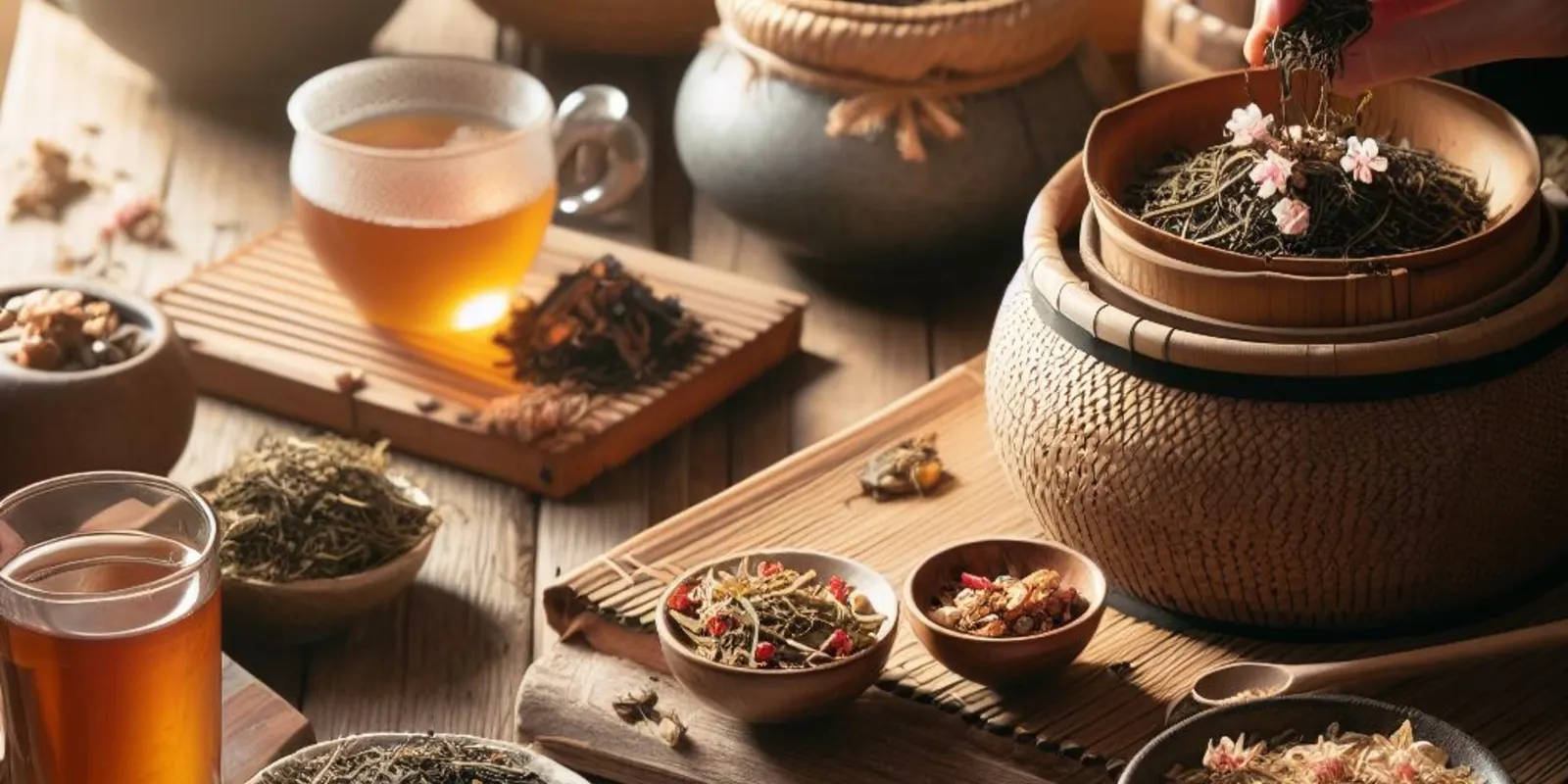
Traditional Teas: Brewing Business Opportunities Globally

Tea, a beverage with roots that span centuries and cultures, continues to be a daily ritual for millions around the world. While commercial teas have always had a market presence, there is a burgeoning interest in traditional teas. This evolution is not only about taste but represents a deeper, cultural appreciation and offers numerous business avenues for exploration.
Traditional teas, such as matcha from Japan, pu-erh from China, and masala chai from India, are more than just beverages. They are intricate experiences, encapsulating the essence of the regions they hail from. For many, these teas symbolize a journey, a story, and a tradition.
The renewed global interest in these teas stems from various factors. Primarily, the health and wellness movement is pushing consumers towards natural, holistic products. Traditional teas, often loaded with antioxidants, provide a healthier alternative to sugary drinks and caffeinated beverages.
Moreover, with global travel becoming more accessible, there is an increased exposure to different cultures. Tourists who have tasted these authentic beverages in their native settings want to recreate the same experience back home. This growing demand presents a ripe opportunity for businesses.
Enterprising companies can position these teas not just as beverages, but as holistic experiences. Think of tea ceremonies, tasting sessions, and workshops. There's an untapped market waiting to be explored, where the focus is not just on the tea but the cultural narrative that accompanies it.
While sourcing and importing these teas is a starting point, the real value addition comes from authenticity. Packaging that tells a story, brewing instructions that ensure a perfect cup every time, and perhaps even curated accessories that complement the tea can set a brand apart.
![]() Find "Tea Ceremony Set" on Amazon
Find "Tea Ceremony Set" on Amazon
But how can businesses tap into this market effectively? Collaboration is key. Partnering with native tea producers ensures that the product is genuine. It also helps in understanding the nuances of the tea, its history, and its significance.
Furthermore, leveraging digital platforms to create an immersive online experience can be a game-changer. Virtual tea-tasting sessions, storytelling videos, and interactive workshops can bring the product closer to the consumer, breaking geographical boundaries.
There's also scope for subscription models, where consumers receive a different traditional tea each month, complete with its backstory and brewing instructions. This not only ensures repeated business but also educates the consumer, making them more invested in the product.
In conclusion, the world of traditional teas is vast and rich in potential. For businesses willing to delve deep, understand the essence, and present it authentically, the opportunities are endless. In a world that's rapidly globalizing, yet seeking unique, rooted experiences, traditional teas are the perfect blend of both.







Your insights and experiences enrich our community. Dive into the discussion and share your thoughts with us below!